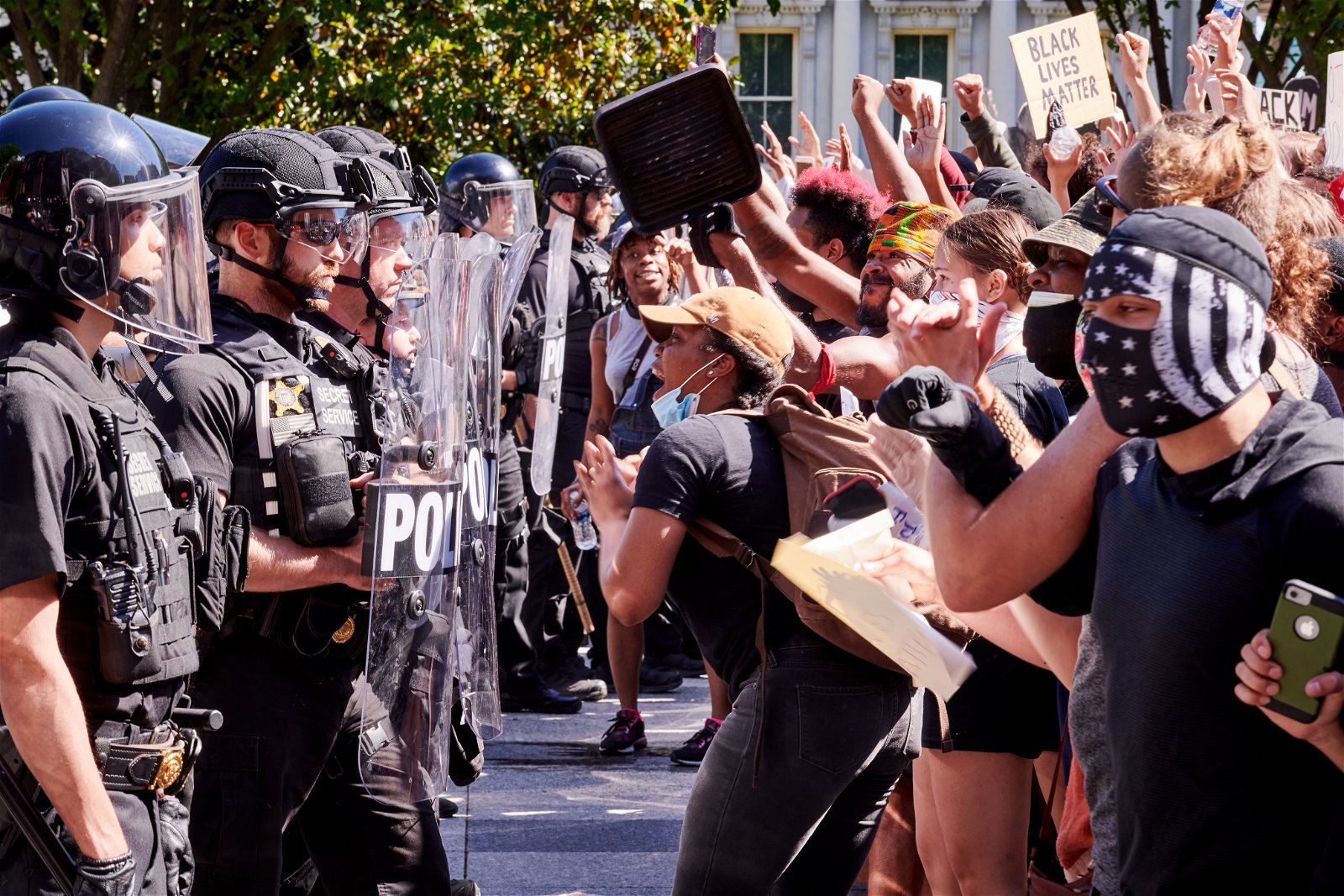Woke
/wōk/ | verb
Informal
- Alert to injustice in society, especially racism.
- Almost always used to describe people who are painfully the opposite.
For modern protest movements, there is no denying the weight of social media in spreading awareness of a cause. Social media platforms are a blessing; however, are we mistaking briefly partaking in a viral moment for advocacy?
As an Armenian, I’ve gotten used to the issues that face the motherland receiving virtually no attention from the general public. No number of human rights breaches, war crimes and calls for support on social media leads to even a repost by a non-Armenian. So, as sad as it is, I’ve accepted the bitter reality that only Armenians truly care about the well-being of other Armenians. However, recently I realized that this may be viewed as a good place to stand. Do we really want “woke” performative activists clogging our social media feeds every day? Impetuous posting with no political commitment to “show they care?” I know I don’t. I am tired of watching people preach but never practice.
So what exactly is performative activism, and why is it such a problem? By definition, performative activism is “a pejorative term referring to activism done to increase one’s social capital rather than because of one’s devotion to a cause.” I’m sure we all see a lot of it everyday. Don’t misunderstand me: there is nothing wrong with advocating for causes that don’t personally affect you. I do this all the time, and many others probably do as well. Being an activist means your allyship knows no bounds, and as someone outside of the community, your voice can speak volumes. Armenian causes might bring out a more impassioned side of me, but I am simultaneously trying to further my knowledge of other injustices plaguing the world and what I can do to help. Unfortunately, like other movements, the Armenian cause did not take off. As I sit here and write this, I wonder where we will be if it ever does.

A movement that did take off and was subsequently eclipsed by performative activism was the Black Lives Matter (BLM) movement. Following the high-profile murder of George Floyd, many people from various racial backgrounds took a stand against racial inequality by attending protests, creating informational graphics and reading educational sources. However, the deeper the issue became, the farther allies strayed from the primary cause of the uproar. Influencers attended protests to use signs as accessories and acted as if they were drilling holes near looted stores for a post on social media. They shared 10-second videos on TikTok dancing to Black singers.
It wasn’t just the influencers, though. Companies, who previously never advocated for the BLM movement, suddenly did so to save face. They framed it as if they were changing their old ways and moving past previous wrongdoings. Yet these actions did nothing to help the movement, educate consumers or spread important information.
Performative activism aside, anyone who uses social media remembers that everything changed on May 25, 2020. The news of Floyd’s murder was inescapable. Every news channel was talking about it. Everyone, regardless of opinion, was posting about it, myself included. It reached a point where one couldn’t mindlessly scroll on Instagram or Twitter without someone resharing a graphic to their story. Frankly, I’ve never seen so many people online rally behind one specific issue, and it was inspiring to see.
As Armenians, we need to make an attempt not to be so blind. I know I sound like a broken record, but bursts of nationalism when something big happens do not constitute social activism; social activism is an ongoing job. We must pay attention to what is happening in Armenia. We must be advocates. We must amplify the voices of the voiceless. Whenever a cause goes viral, people scramble to prove that they’re in the know, even if they don’t necessarily believe or advocate for it. When will we understand that justice does not come and go with what is trending? Keeping this in mind, what will you do to defend your people when social media forgets?



Good read!
Thank you!